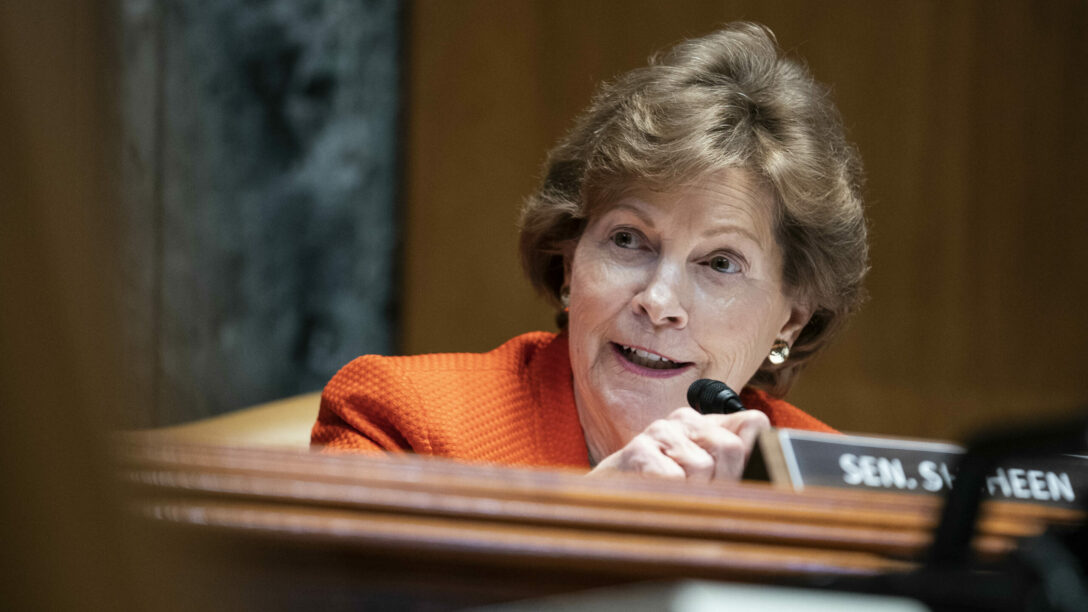On Wednesday, New Hampshire Senator Jeanne Shaheen finally accomplished what she had been trying to do for 18 months: she confirmed the appointment of Dr. Geeta Rao Gupta, who was nominated by Joe Biden to lead the State Department’s Office of Global Women’s Issues all the way back in November of 2021. The office, which is supposed to make sure that the empowerment of women and girls around the world is part of U.S. foreign policy, was first headed by Melanne Verveer, a veteran member of the Clinton White House and a longtime friend and aide to Hillary. Back in 1995, the First Lady famously declared, at the U.N.’s World Congress on Women, held that year in Beijing, that “women’s rights are human rights.”
Gupta, a Ph.D., has a long track record of working on HIV/AIDS and on women’s specific vulnerability to infection. She had served at the U.N. and as a deputy director of UNICEF. And yet, Gupta’s nomination got stuck in the Senate so long that it had to be returned to the president’s desk—twice. (This is standard operating procedure: a nominee who has neither been confirmed nor rejected by the end of a session, or after a long recess, has to be renominated to be considered for the position.)

















